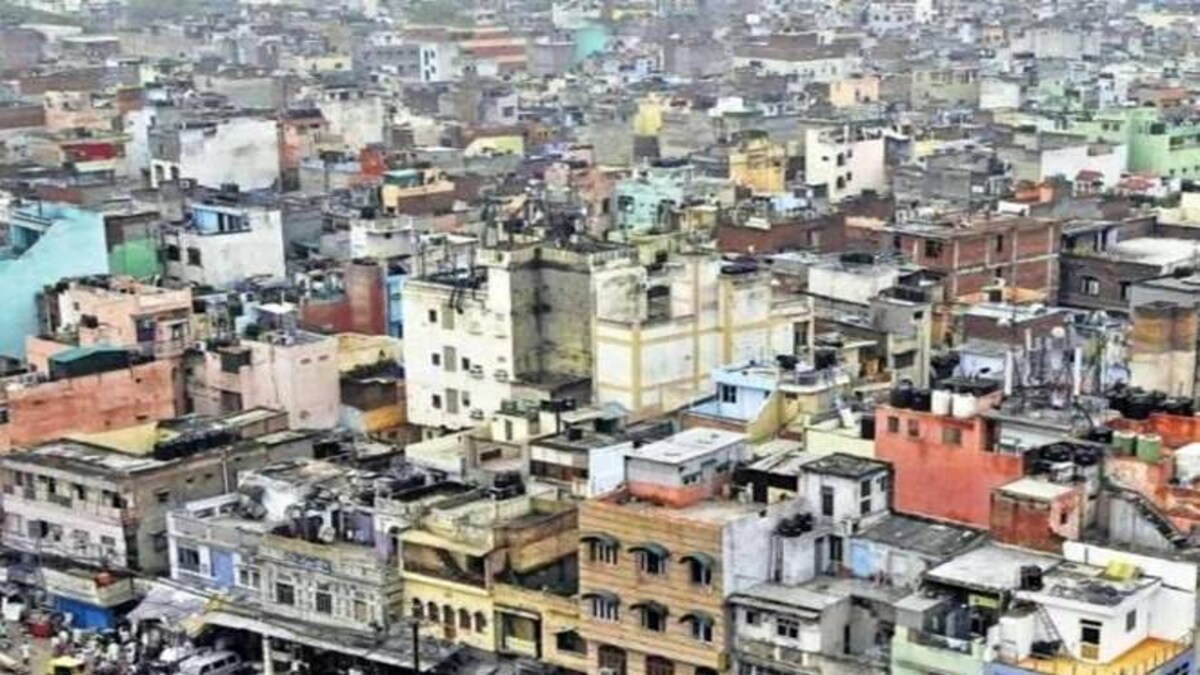

Delhi Chief Secretary Naresh Kumar informed the National Green Tribunal (NGT) that the Delhi government is intensifying its initiatives to swiftly establish a sewerage network, connecting unauthorised colonies and JJ clusters to sewage treatment plants. In a recent submission to the NGT, Kumar outlined the progress made, stating that out of the 1,799 unauthorised colonies in the capital, 1,031 are already integrated into a proper sewage network, with plans to include an additional 296 colonies by November 2024. The submission, dated January 31, revealed that approximately 82% of Delhi is now covered by a comprehensive sewerage network, with the remaining 18%, mainly comprising unauthorised colonies and JJ clusters, reliant on septic tanks.
The submission highlighted that sewer lines have been laid and commissioned in 747 of the 1,799 unauthorised colonies for sewage treatment in sewage treatment plants (STPs) or decentralised STPs (DSTPs) as of January 2023. In the past year, 284 more colonies have been provided with a sewerage network, bringing the total to 1,031. However, work on 161 unauthorised colonies has yet to commence due to pending no objection certificates (NOCs), particularly in the O-zone of the Yamuna floodplains and areas adjacent to or inside forest land.
Furthermore, the submission noted plans to connect 311 colonies to DSTPs within the same colony, pending land allotment by the revenue department. Despite generating approximately 792 million gallons per day (MGD) of sewage, Delhi faces a shortfall in sewage treatment capacity, with only 565 MGD treated daily out of the installed capacity of 667 MGD.
The NGT’s involvement stems from a petition filed by a Delhi resident, Shamsher Singh, in 2021, alleging the open dumping of septage on roads and drains by unauthorised vehicles, contributing to pollution. NGT’s subsequent orders directed relevant authorities to investigate and submit reports. The chief secretary, in compliance with NGT directives, was tasked with monitoring and ensuring coordination among different agencies involved in addressing the issue.
To enhance public participation and address the issue of septage, the Delhi Jal Board is planning to develop an application where residents can request septic tank clearance. DJB has invited expressions of interest from agencies experienced in septage or sewerage management to provide mechanized vehicles for collecting septage, its transportation, and disposal at designated STPs.
In March 2023, the Delhi Pollution Control Committee (DPCC) introduced penalties for discharging septage in undesignated areas across Delhi. A ₹50,000 fine was imposed on vendors found in violation, with the same penalty applicable to unauthorised vendors, coupled with vehicle confiscation. These measures aim to curb the dumping of septage into open spaces and directly into the Yamuna River.